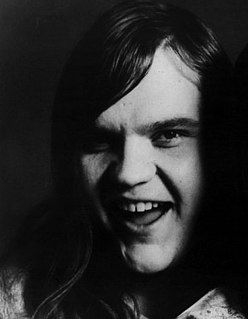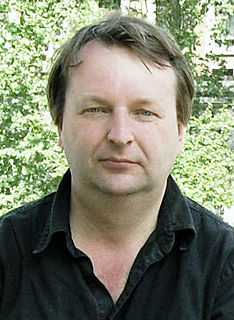A Quote by Pranab Mukherjee
If the rise of European colonisation began in 18th century India, then the rallying cry of 'Jai Hind!' also signalled its end in 1947.
Related Quotes
I wanted to create a believable feeling for 18th Century reality in the Perfume: The Story Of A Murderer. I didn't want this typical film feel of strange people in strange costumes, not really knowing what to do or how to move. If you put an 18th Century costume on Alan Rickman, it looks like he's been wearing it forever because he inhabits the stuff. He is a character that can really travel in time as an actor and transform into this 18th Century person with seemingly no effort.
That is supposed to be the rallying cry of women in the age of AIDS: no condom, no sex. But the dirty little secret is that the rallying cry is a whisper.... The great unspoken on the heterosexual AIDS front has been how behavior is still determined by the old psychosexual minuet of the sexes, the lack of responsibility in young men and of assertiveness in young women.
To achieve effectiveness and legitimacy it is time to scrap the right of veto given to permanent members of the UN, or at least severely restrict its use. It is also time to either abandon the idea of permanent membership or broaden it to reflect the rise of non-Western states to the status of global leaders (e.g. Brazil, India, Indonesia, Turkey, South Africa), and to downgrade European representation by either giving the European Union a single seat or rotating a European state among Germany, France, UK, and Italy.
Although the stories are very present in my book, and very present in my mind, what I was most interested in was the question of why it had attracted such a following in the 18th Century. It's less mysterious that it attracted a following in the Romantic period, and in the 19th Century, but the early 18th Century when the Rationalists fell in love with it...that was mysterious. What I wanted to look at was the forms of enchantment.












































